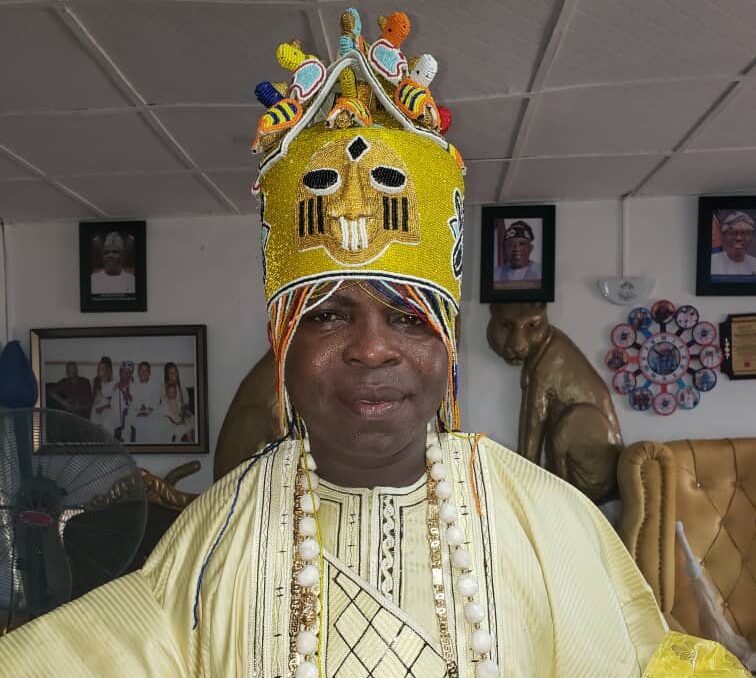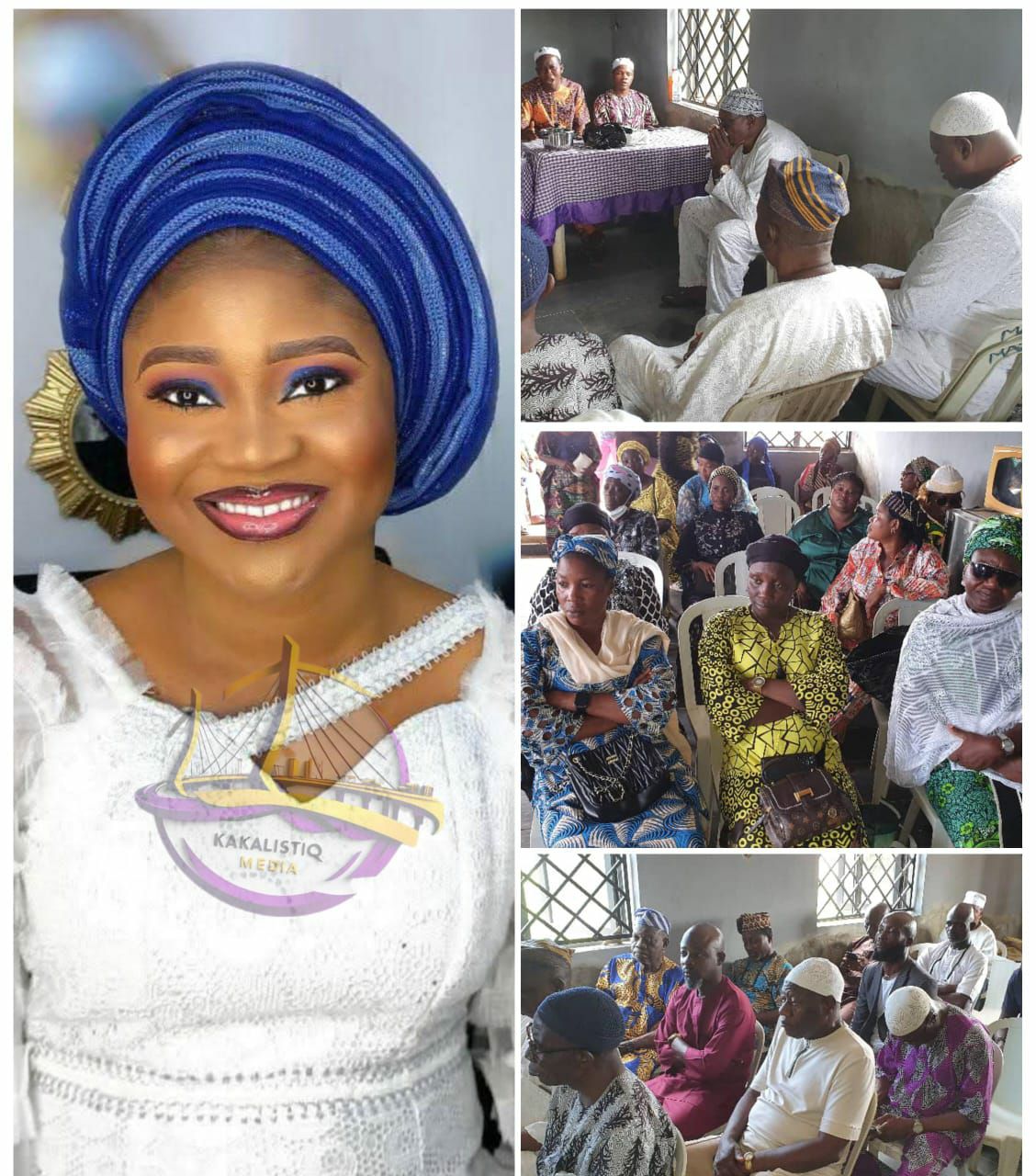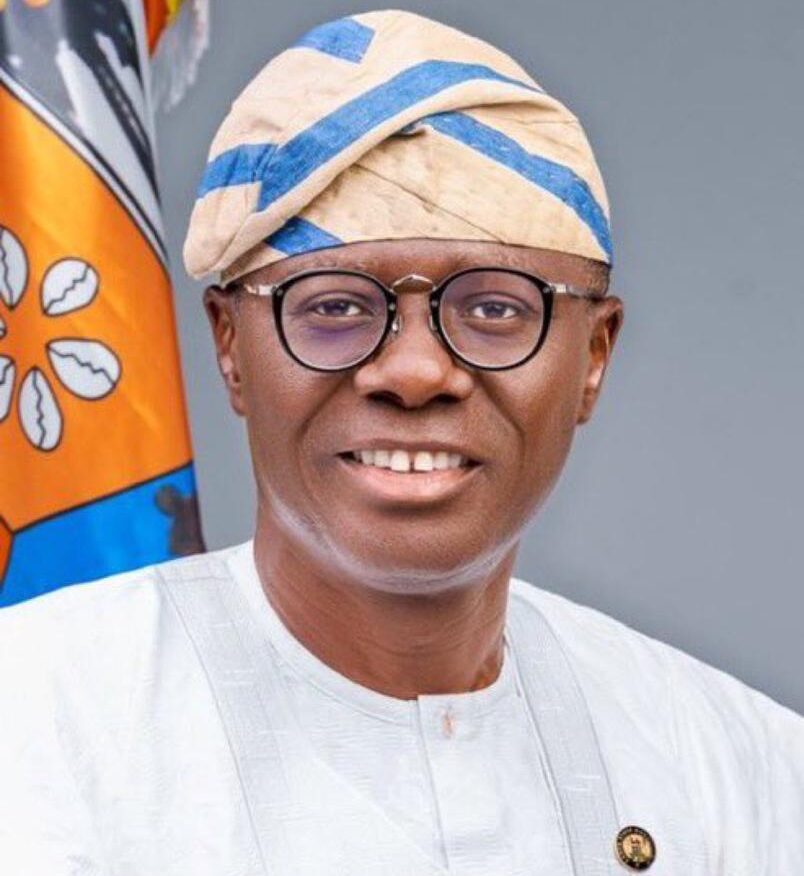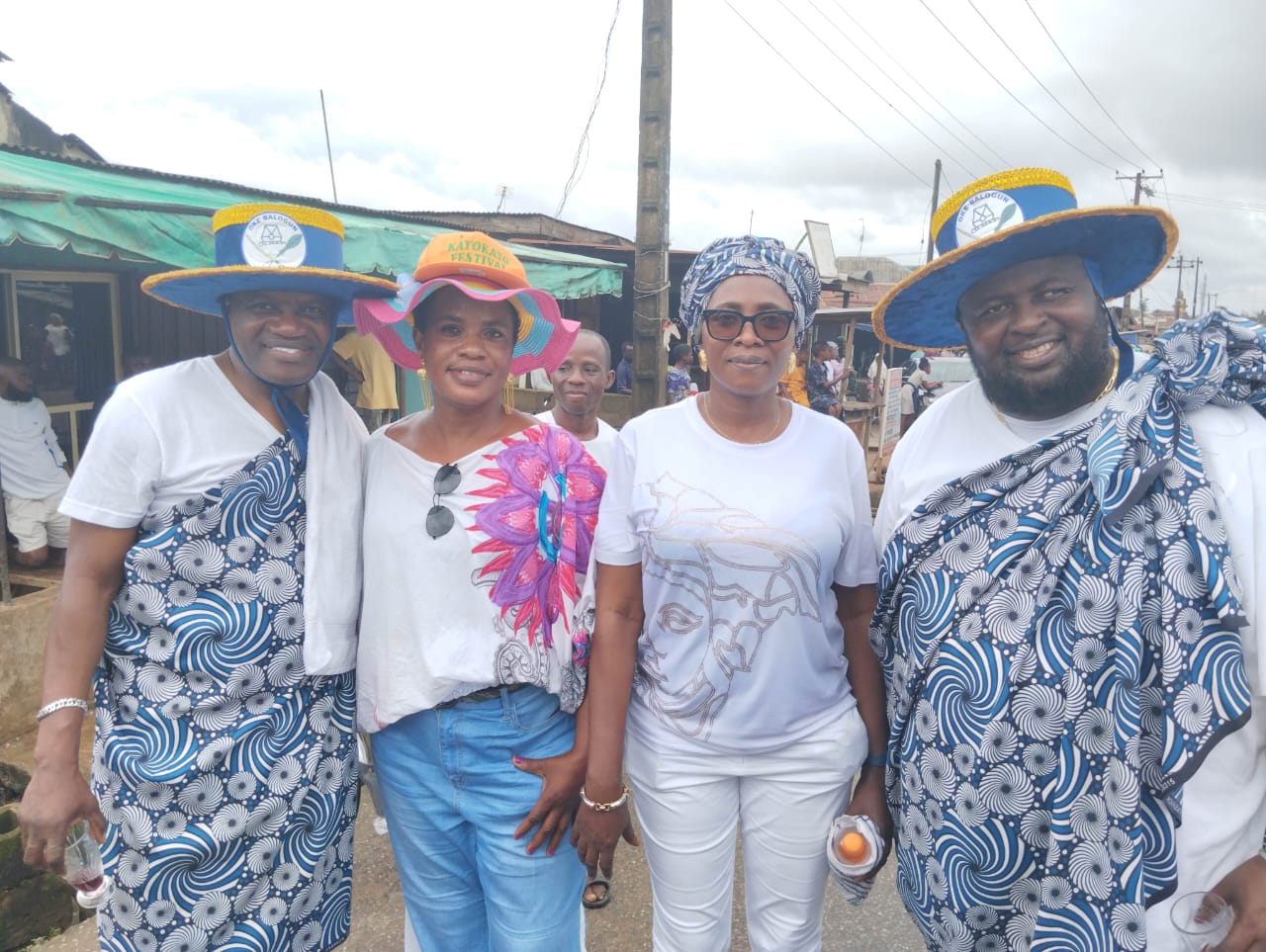In a bid to foster development in the Odomola Kingdom, kakalistiq.com reports that Eredo LCDA, Epe, Lagos State, HRM Oba Adeshina Sulaimon Adebowale, the Omola of Odomola, has appealed to the Lagos State government for support during the installation of traditional chiefs at his palace on Sunday, April 28, 2023.
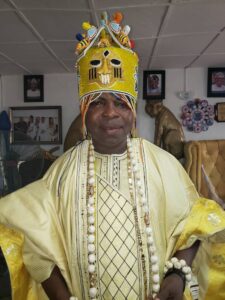
Addressing a gathering of royal fathers from various communities during the installation ceremony of the honorary and traditional chiefs, Oba Adebowale reiterated his commitment to the growth and prosperity of the community. He emphasized the potential for industrial growth, citing the success of the Julius Berger cashew processing factory as a testament to the area’s viability for investment.
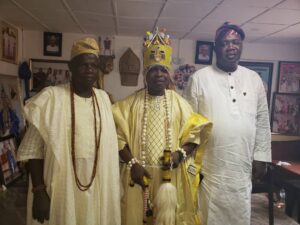
Expressing optimism for government intervention in an interview, Oba Adebowale urged the revival of the now-defunct cassava processing factory bequeathed to the community by their forefathers. He highlighted the community’s readiness to allocate land for new ventures, drawing parallels to industrialization efforts in neighbouring regions like the Dangote refinery in Ibeju-Lekki.
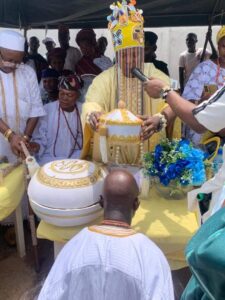
“Like the industrialization ongoing at the Dangote refinery in Ibeju-Lekki, we will be happy to have something similar here. Even if we do not have enough land, we will call on ourselves and make contributions from one family to another for the benefit of the community. So, we are hopeful that the Lagos State Government will consider our community for the sake of our children’s prosperity,” he said.
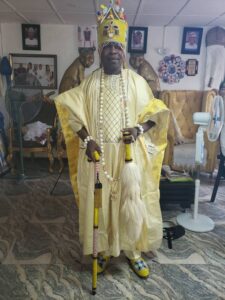
Regarding the installation of Chiefs, Oba Adebowale emphasized the careful selection of each quarterhead, known as “Oloritun,” to facilitate community administration and development. Dismissing recent claims of ritual killings, he affirmed the role of traditional chiefs in preserving peace and security.
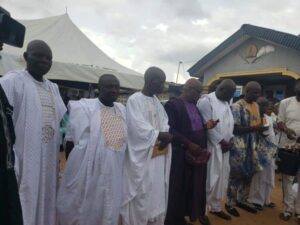
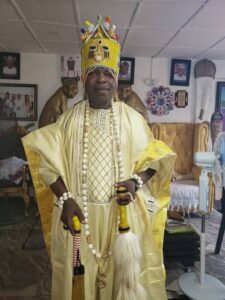
Oba Adebowale went on to talk about the historical recount of Odomola’s origins, tracing its origins back to the 16th century. He claimed that their roots could be traced to Ijebu-Ode, from the descendants of the 14th Awujale. According to him, the town’s founder was Labinjo, the eldest son of the 14th Awujale, who left his father’s land with his family and others to establish a new settlement. He asserted that Labinjo settled in a place called “Iga Odomola.”
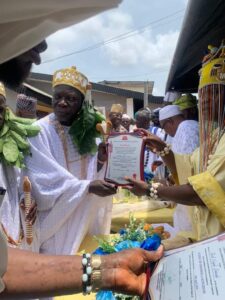
He emphasized Labinjo’s initial concerns about being alone in the new settlement, but his father assured him that he would soon have neighbours. Eventually, Labinjo spotted smoke in the forest, which led him to a hunter named ‘Legure.’ After consulting with his father, Labinjo invited Legure to stay with him, recognizing his royal lineage and following his father’s advice to form a partnership.
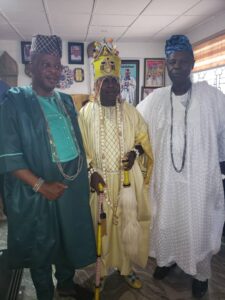
“They started living together in peace, having kids and growing the community. Labinjo’s son, Akenren, had Adebowale, who’s where I come from, and that’s why we’re royalty, while Legure earned the title ‘Ekeji Ilu.’ Later, Labinjo’s brother, Egiri, moved in, but Labinjo told her to settle elsewhere, leading to the establishment of the community called ‘Odo-Egiri.’ That’s why we’re known as the elders of Odo-Egiri. Odomola, Ajano, and Noforija are siblings. So, Odomola is part of the area where Awujale held seclusion (odo). We’re all descendants of Awujale,” he explained.
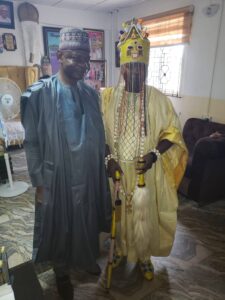
Emphasizing unity and collaboration, Oba Adebowale highlighted the importance of collective effort in driving progress. While he urged residents to prioritize love and support, highlighting their significance in fostering community development, he reiterated his commitment to leading the community toward progress and development, calling for continued support and cooperation from all stakeholders.

